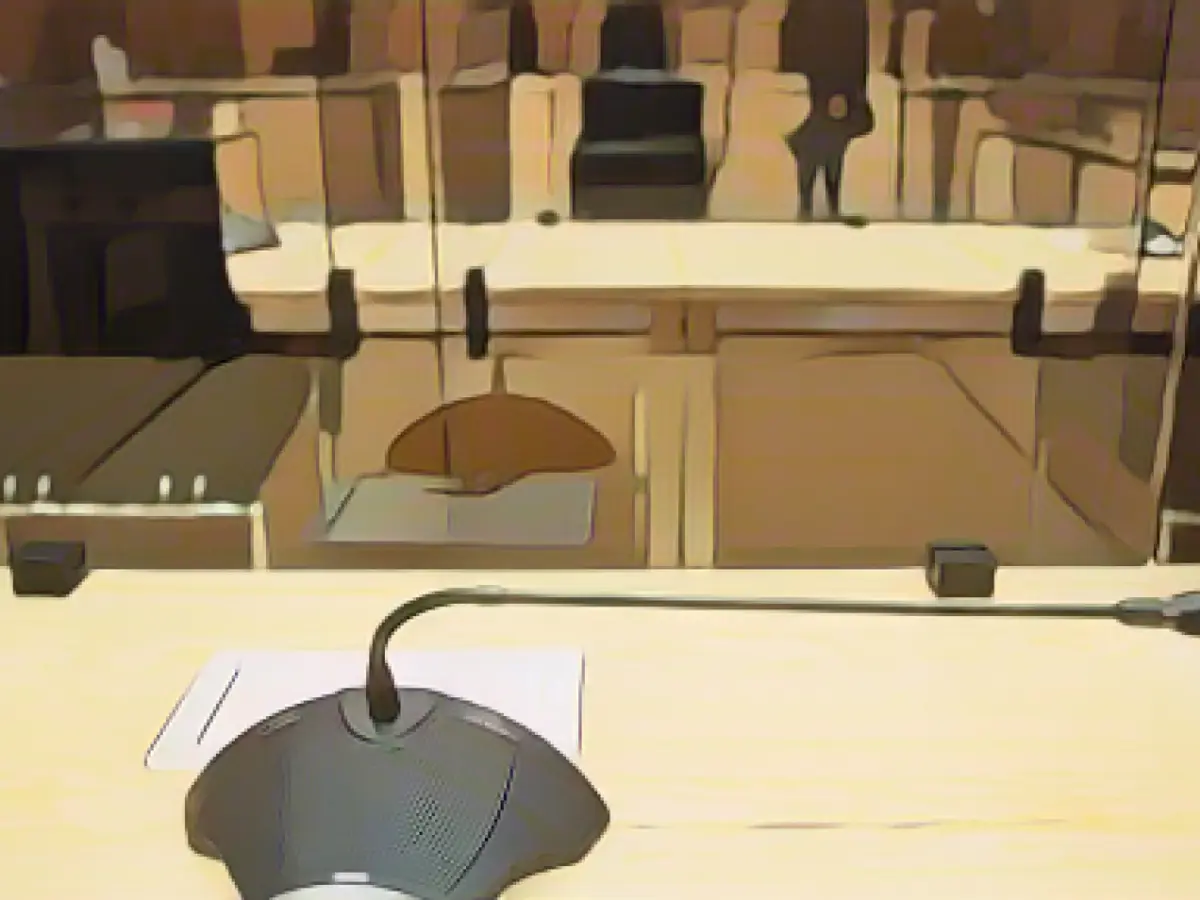In the town of Volkmarsen, located in northern Hesse, Germany, a local court doled out a two-and-a-half-year stint behind bars for a 54-year-old gent on trial for committing fraud. The man had orchestrated a deceptive scheme in the aftermath of an infamous incident — dubbed "drive amok."
In February 2020, a 29-year-old menacingly rammed his vehicle into the Rose Monday parade, injuring close to 90 people. Twenty-six of those injured were children, some of whom sustained serious harm. Among the serious injuries, the incident left a deep scar on the small community.
As the accusations swirling around him mounted, the deceitful man claimed to have been an eyewitness to the tragedy and a first responder, grappling with its horrific consequences. This ruse earned him injury and sickness benefits from the health insurance fund and covered care in a trauma clinic at the expense of the accident insurance fund. According to the court, the total damages, resulting from his false claims, amounted to approximately 41,000 euros.
This cunning charade also entailed two failed attempts at securing compensation for his alleged suffering from associations that supported road accident victims. However, these attempts resulted in nothing but rejection.
When standing trial, the man reluctantly admitted that he had fabricated his claims. He conceded that he had expected sympathy and financial gains from the catastrophic incident. Despite this, the judge recognized his remorse and issued a reduced sentence in light of his confession.
The man also faced consequences for his numerous prior convictions for fraud, making him a repeat offender. At the time of committing this crime, he was under the supervision of probation.
In the processing and determination of his sentence, the judge condemned his dishonest actions, crediting the support and kindness of the community while simultaneously exploiting their unbureaucratic generosity. The court highlighted that he didn't need to go to such lengths, as unbureaucratic help was readily available to him.
The prosecutor's office pushed for a prison sentence of three years, citing the "particular abhorrence" of the crime. The defense, conversely, advocated for a sentence that accurately reflected the man's culpability and offenses.
Ultimately, the defendant's punishment served as a sharp reminder of the consequences of deceitful behavior and the importance of communal generosity, which should never be exploited.




